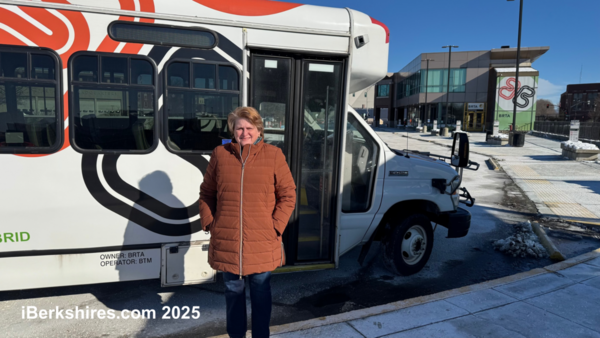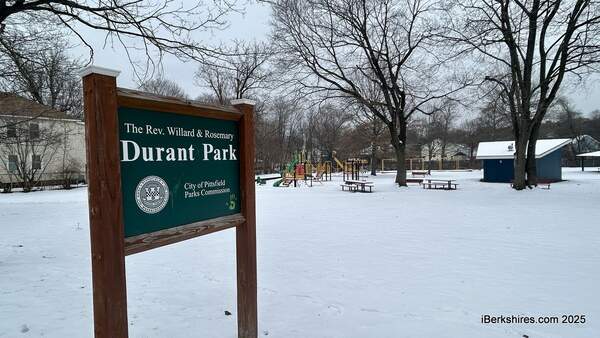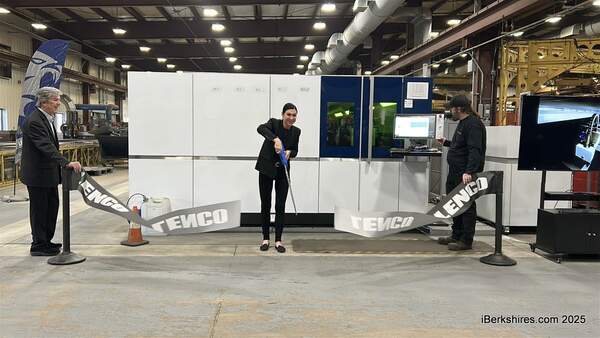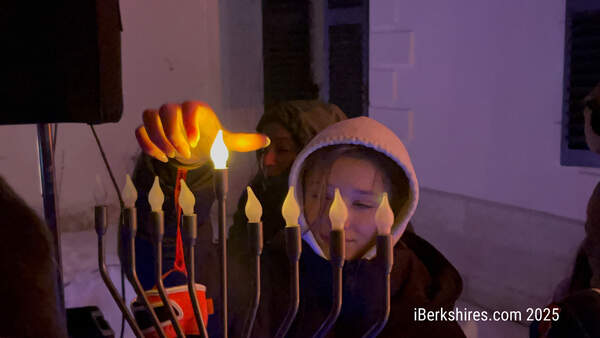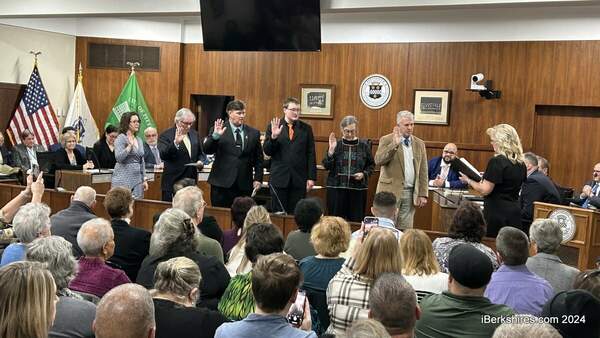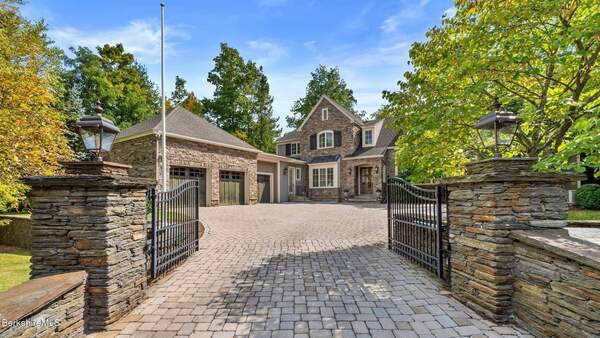Pittsfield Council Supports BCC Turf Field Project
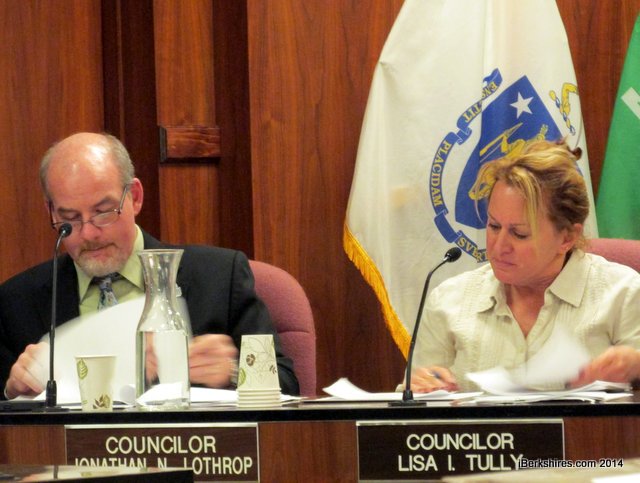 The City Council gave its support to the project with a letter to help the group reel in grant funding. The City Council gave its support to the project with a letter to help the group reel in grant funding. |
PITTSFIELD, Mass. — The City Council is throwing its support behind an effort to construct a multipurpose turf field at Berkshire Community College.
A group of volunteers is heading the effort to build new artificial turf playing fields for local sports groups, which includes upgraded lighting, seating, concession and press box.
The field will allow for the three high schools in the city to play sports there as well as open the Berkshires up to tournaments they were previously excluded from holding because of inadequate fields.
"Berkshire County is the only county in the commonwealth that does not have this type of facility," said Michael MacDonald, who is heading the effort. "We are now in the process of seeking grants."
MacDonald said the project is estimated at $1.4 million with engineering upping that figure to close to $2 million. Additionally, the group is raising $300,000, which will serve as an ongoing maintenance fund to keep local sports groups from having to pay user fees.
"There would be many users and opportunities to bring many people in the county to Pittsfield," BCC President Ellen Kennedy said of the ability to hold large tournaments.
The field would be fenced off and scheduling would be done through a committee, MacDonald said. Maintenance is expected to cost $5,000 to $6,000 a year, he said, which is lower than a typical grass field. The college would handle the maintenance.
While Pittsfield youth sports programs won't be charged a user fee, MacDonald said there could be opportunities to add to the $300,000 fund by charging other groups a user fees if they wanted to use it. Meanwhile, the field would be owned by the college.
MacDonald says he hopes to be looking for contractors in July, and Mayor Daniel Bianchi has agreed to propose using $200,000 of city funds to support it. But the group will need help reeling in grant funds for the rest.
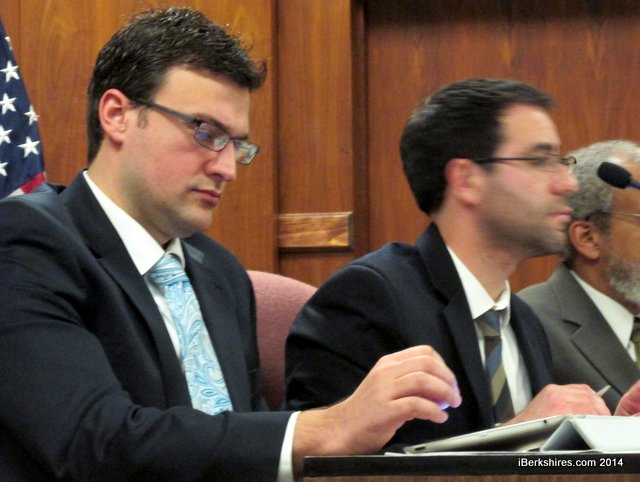 Ward 6 Councilor John Krol said the events will help turn BCC into a hub of activity. Ward 6 Councilor John Krol said the events will help turn BCC into a hub of activity. |
The City Council agreed to craft a letter of support to give to legislators and state officials as part of the group's application.
"The ability to host tournaments now, you also have an economic boost. You have people staying in local places and eating in local restaurants," said Vice President Christopher Connell. "That makes it even more worthwhile."
Ward 6 Councilor John Krol said "there is nothing like seeing hundred and sometimes thousands of people" at the college for various events and the field will grow that ability.
"It's really becoming a special place, a real hub in the west side of Pittsfield," Krol said.
Kennedy said the attraction of others to the college will also help the college reach groups that may have not been thinking of going to college at all by breaking down preconceived notions.
Tags: BCC, playing fields, tournament,

